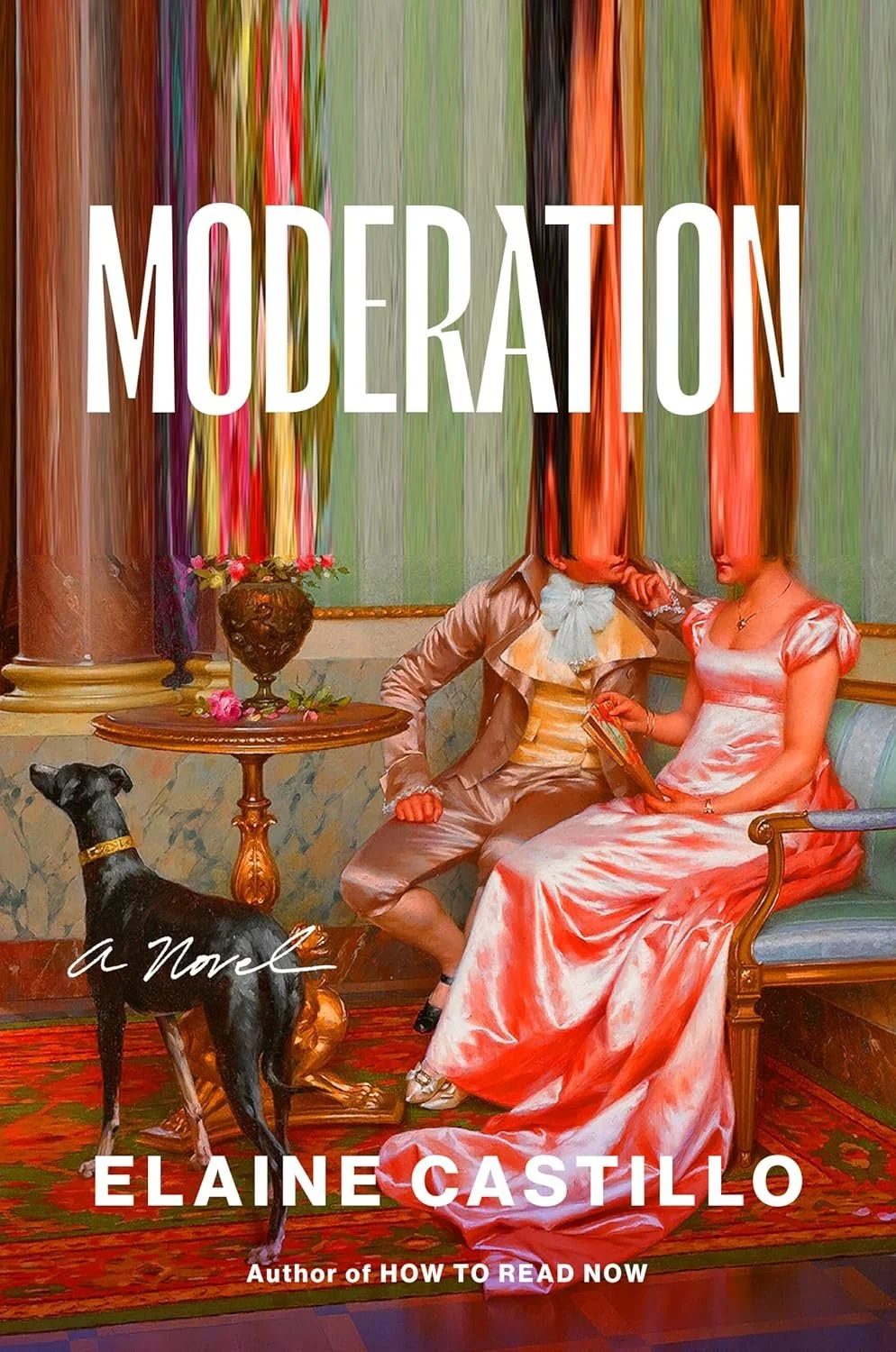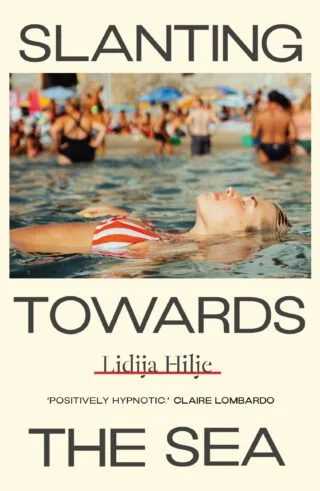Kairos, Jenny Erpenbeck
‘When we explore history, it's sometimes easy to forget the daily lives lived amidst political upheaval’
Kairos, in Ancient Greek, means 'the right, critical, or opportune moment' or the ‘god of good fortunate moments’. It’s a term that denotes the exploration of temporality, and one that can be applied to both the personal and the political in Jenny Erpenbeck’s new novel. The prize-winning German novelist returns this Summer with Kairos, an all-consuming love story set against the shadowy backdrop of communist East Germany and the eventual German reunification. When we explore history, it's sometimes easy to forget the daily lives lived amidst political upheaval; we often imagine that all people think about is history and politics, just as it is enacted in our history books. Erpenbeck corrects this narrative, bringing real lived experience – love, careers, and friendship – to the forefront, while politics and struggle, for the most part, chime in the distance. Life in the German Democratic Republic marches on in Kairos, and seemed, to me, quite ordinary.
The relationship between the youthful, 19-year-old Katharina and the 50-something, married Hans, member of the Intelligentsia, begins as one of fate: an epic, intoxicating love that neither can imagine their lives without. But increasingly, it transcends into toxicity, becoming twisted and manipulative following a betrayal that Hans fails to take any accountability for. Katharina is punished and emotionally abused relentlessly. The fallout is difficult to read, and the novel here feels repetitive and gruelling – although I would imagine that is the point. The relationship becomes symbolic of the relationship between the GDR and the USSR, or perhaps the ideals of socialism itself; a relationship once full of hope and promise, transcending into an explicit power imbalance and suffering.
When the wall inevitably crumbles, the exploration of the East Berliner’s experience of Western life is genuinely fascinating, providing an astute commentary on capitalism, and I wish Erpenbeck had given us more of this. And while the history books tend to depict the fall as a great achievement for democracy and freedom, it is West Germany that is seen to be bizarre and strange in Kairos; Erpenbeck shows us how much it disrupts and fractures the lives of East Berliners, both ideologically and economically, and the differences it represents for the generations. We do, however, rejoice for Katharina, and the freedoms and promises of her new life.
Without giving too much away, the novel’s ending casts secrecy, memory, and politics into new light, reframing all which has come before it.
Editorial Picks




